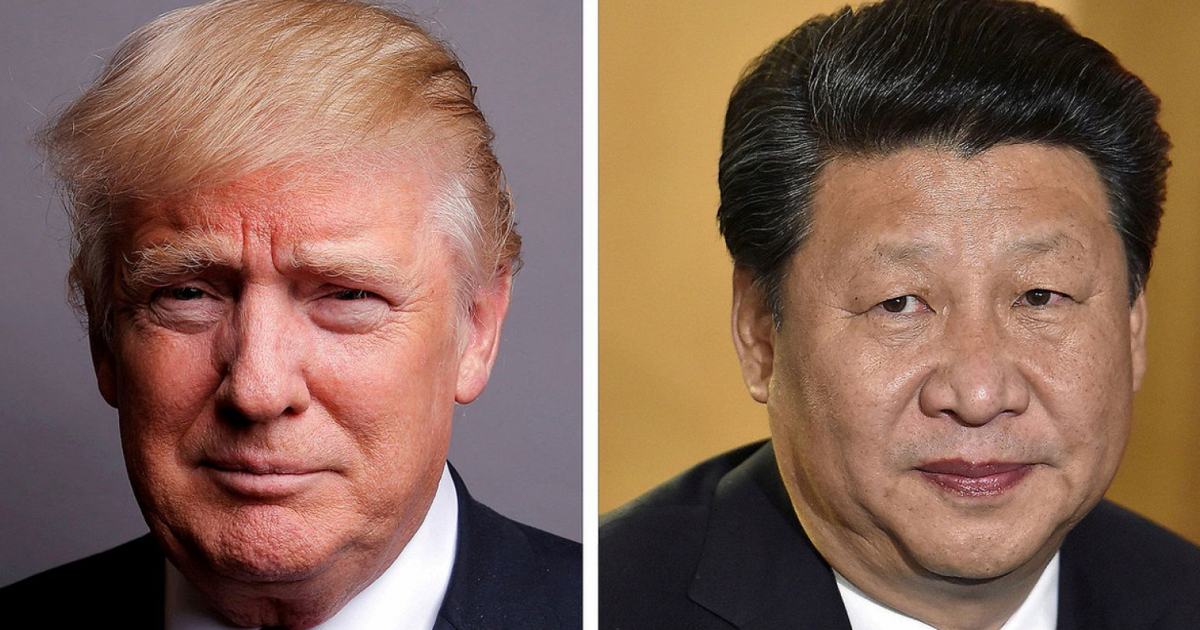
Related videos:
The President of the United States, Donald Trump, announced this Monday his intention to engage in a dialogue with China to address the situation regarding tariff taxes.
In statements to reporters at the White House, Trump stated that "we will likely be talking to China within the next 24 hours," reported the agency Efe.
Trump has considered imposing additional tariffs of 10% on Chinese imports in retaliation for the flow of fentanyl into the United States. The implementation of this measure is scheduled for Tuesday, February 4.
"We have planned meetings and we will see what happens. But that was just a first step. If we cannot reach an agreement with China, then the tariffs will be very, very substantial," the president added.
In parallel, Trump has announced the imposition of a 25% tariff on imports from Mexico and Canada, arguing that these countries have allowed the distribution of fentanyl in the United States.
This measure, which was set to take effect on February 1, has been postponed due to agreements among the leaders of those nations.
In response, Mexico and the United States reached an agreement to avoid the imposition of tariffs for one month.
Mexico will deploy 10,000 members of the National Guard to combat drug trafficking, while the U.S. has committed to stopping the illegal arms trade.
While Canada has also taken steps to prevent the imposition of tariffs.
Canadian Prime Minister, Justin Trudeau, announced a $1.3 billion border security plan, which includes new helicopters, advanced technology, more personnel, and improved coordination with U.S. authorities.
In addition, Canada will appoint a fentanyl "czar," include cartels on the list of terrorist organizations, and ensure ongoing surveillance at the border.
Frequently Asked Questions about Tariffs and Trade Tensions between the U.S., China, Mexico, and Canada
Why does Donald Trump plan to impose tariffs on China?
Donald Trump announced his intention to impose additional tariffs of 10% on Chinese imports as a retaliation for the influx of fentanyl into the United States. This measure aims to pressure China into controlling the trafficking of this drug, which has caused thousands of overdose deaths in the U.S.
What measures has Canada taken in response to Trump's threat of tariffs?
In response to the tariffs proposed by Trump, Canada has announced a border security plan valued at $1.3 billion, which includes advanced technology and more personnel to combat fentanyl trafficking. It has also appointed a "fentanyl czar" and plans to include the cartels on the list of terrorist organizations.
How has Mexico reacted to the tariffs proposed by the U.S.?
Mexico has reached an agreement with the U.S. to avoid the imposition of tariffs for one month, deploying 10,000 members of the National Guard to curb drug trafficking. Additionally, it has emphasized that tariffs could cost Americans over 20 billion dollars, describing the measure as a "strategic mistake."
What consequences could U.S. tariffs have on global trade?
The tariffs imposed by the U.S. could destabilize trade relations between the countries involved, impacting various industries and driving up the prices of essential goods. This could trigger an economic war, increasing inflation and negatively affecting global economic growth.
Filed under: